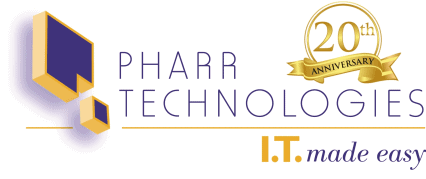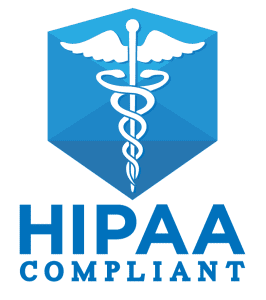The Health Insurance Portability and Accountability Act was the first legislation enacted to create a single set of security standards for the entire healthcare industry. Since the healthcare industry stores large volumes of patient information, it’s vital to keep this data secure and out of the hands of cybercriminals.
Though HIPAA was passed in 1996, a revision was added in 2009, called the Health Information Technology for Economic and Clinical Health Act. HITECH added new penalties for non-compliance and focused on security breach notifications. The two standards encompass the security of patient data across all healthcare systems.
Schedule a consult or walk through today!Purpose of HIPAA / HITECH
While maintaining compliance might seem overwhelming, these acts work to protect both patients and healthcare providers. From protecting the integrity of data to ensuring data is only used for valid purposes, these standards ensure that patients can entrust not just their healthcare, but their personal medical data to their healthcare provider.
Maintaining Compliance
Does your healthcare business need help in choosing and maintaining the right technology that meets HIPAA/HITECH standards? The penalty for non-compliance could be as much as $1.5 million. It’s much easier and affordable to work to maintain compliance and regulations. While not an exhaustive list, some of the most important elements of HIPAA/HITECH compliance include:
Always have exact, retrievable copies of protected data
Have data stored in a secure off-site location
Data must be backed up frequently
All businesses must have written data backup and recovery plans
All data should be encrypted when being stored or transmitted. Recovery procedures must be tested

